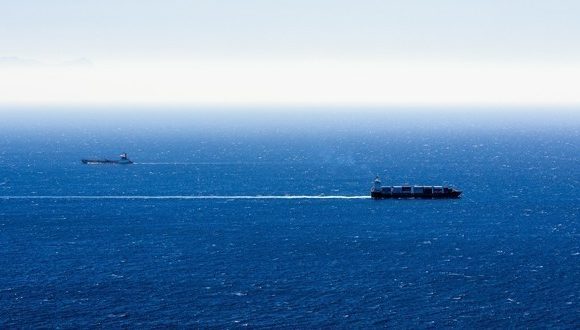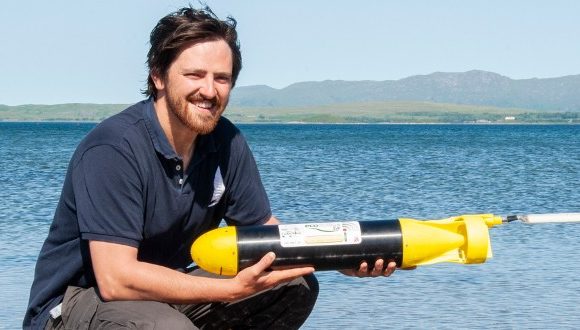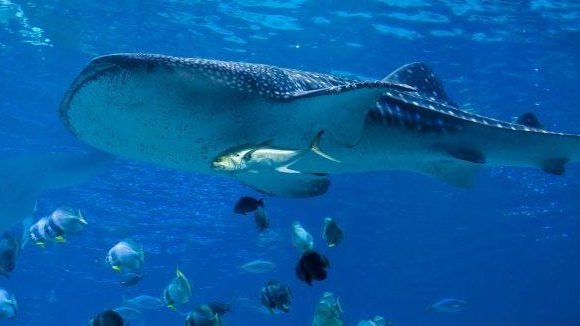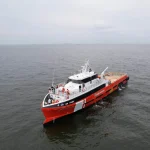Climate Change and Rising Sea Levels
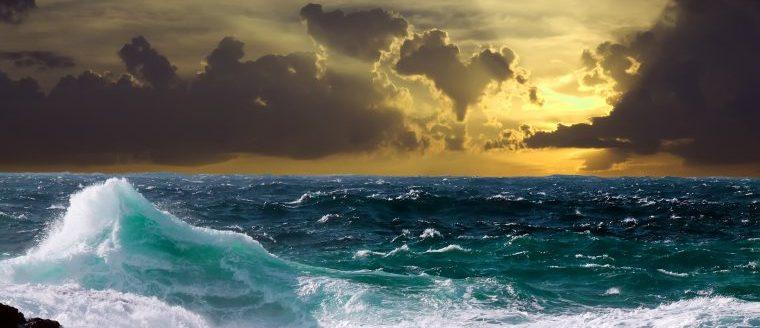
Global sea levels are rising, and this possible catastrophic reality can be attributed to two rather major factors, and with many people in the world living within coastal towns and communities, the impact of these rising sea levels cannot be ignored.
What are the causes?
Firstly and somewhat unknowingly, many are unaware of the fact that as our global temperature increases, even by the smallest amount, the seawater within our World’s oceans becomes less dense in a process science calls thermal expansion; filling out more of the sea basin thus resulting in rising water levels as the water takes up more space. Even though every tiny droplet of water expands by just a tiny amount, when we’re multiplying that by the volume of sea water our planet holds, we are talking about an enormous amount of water expansion that does, and will have a lasting effect on human and marine life across the globe.
The second detrimental mechanism which is having an effect of our sea levels lies within the melting of ice. With the Polar Regions highly susceptible to warmer temperatures, recent studies suggest that the average temperature in the Arctic is rising twice as fast as anywhere else on the planet and the natural freeze – thaw cycle has deteriorated somewhat over the last several years. Land ice such as polar ice sheets and mountain glaciers are shedding water at an impeccable rate which is gradually spilling into our seas, causing overflows and further impacting on sea levels.
During the last ice age, which ended approximately twelve thousand years ago, the standard temperature of the globe was only approximately five degrees cooler than it is today, and those few degrees did make a startling difference to our ecosystems and of course, the levels of our oceans sea water. During the last ice age, parts of the United Kingdom were set below a mile of ice, while sea levels were almost a hundred meters lower than they are today.
Rising sea levels in Polar regions
Climate change in the Arctic region is proving to have a much larger impact than anyone could have predicted, with scientists announcing that there is unlikely to be any sea ice over the summer months, and this will happen over the next few decades. Not only will this hold disastrous consequences for the existing wildlife, but it will also hold an enormous contribution to our rising sea levels; threatening communities not just in the polar extremities, but all individuals, families, and businesses who inhabit coastal areas and scenic river towns and across the entire world.
We are already experiencing the impact of global warming on our water eco system, with more and more flooding followed by dry summers and droughts brought on by excessive rain fall patterns, flooding and drought will become more commonplace, and the rising sea water levels means this flooding and drought cycle will become more severe, putting entire communities at risk, including inland communities, as rivers perpetually burst their banks and wash away homes, livelihoods, and life as we know it.
Climate change in the Polar Regions is somewhat intensified due to the simple fact that a delicate balance of the eco system is required to maintain our planets most northerly and southerly regions. This delicate balance is critical for stabilising and regulating the Earth’s climate, and when this is put under certain distress, it spells disaster on a global scale.
Scientists studying global sea levels have discovered that since 1900, sea levels have been on the rise by anything up to 0.1 inch per year and while this perhaps only sounds like a minuscule amount, it is in fact, not a mere drop in the ocean. Accelerating beyond all expectation over the last thirty years, even the most marginal of temperature rises has a massive effect on the world around us; habitats and animals are affected, as are weather patterns and of course, the entire human race.
There is no doubt at all that climate change is having a detrimental effect on the world’s waterways. Sea levels are rising at an exceptional rate with loss of polar ice and the expansion of seawater being the key drivers behind this change.
Putting our coasts at risk, we really need to understand and prepare for the impact rising sea levels are going to have on our planet, and for us as communities and individuals. Sea levels are rising, it’s happened and is still happening today and while-ever we continue on this path of self-destruction, sea levels are highly unlikely to abate any time soon.

